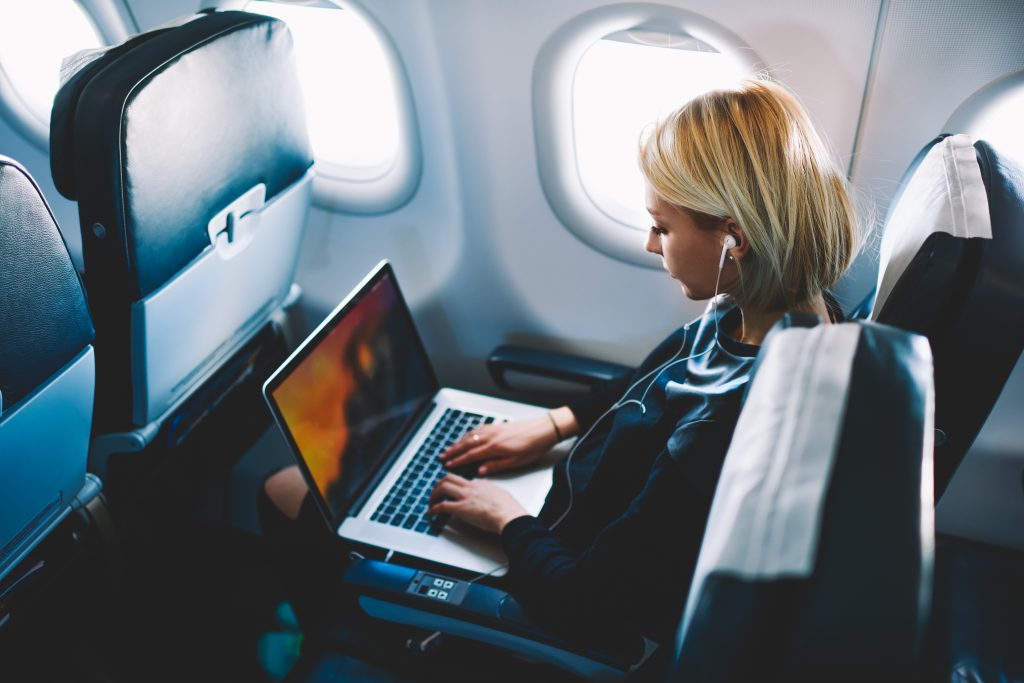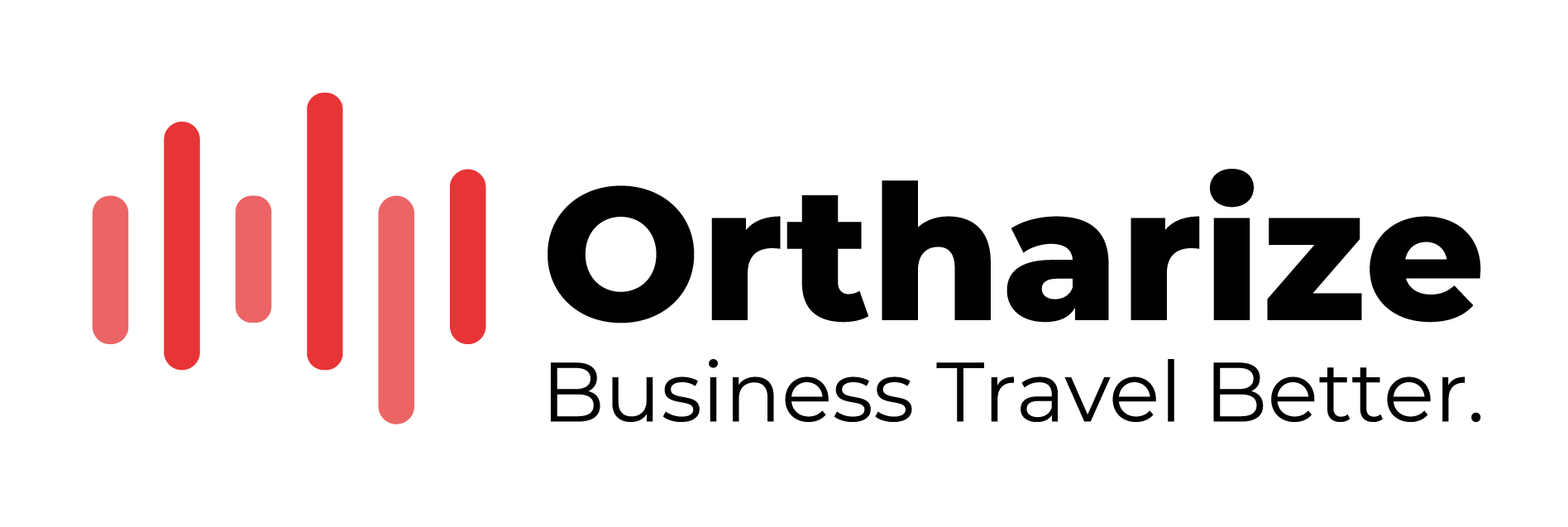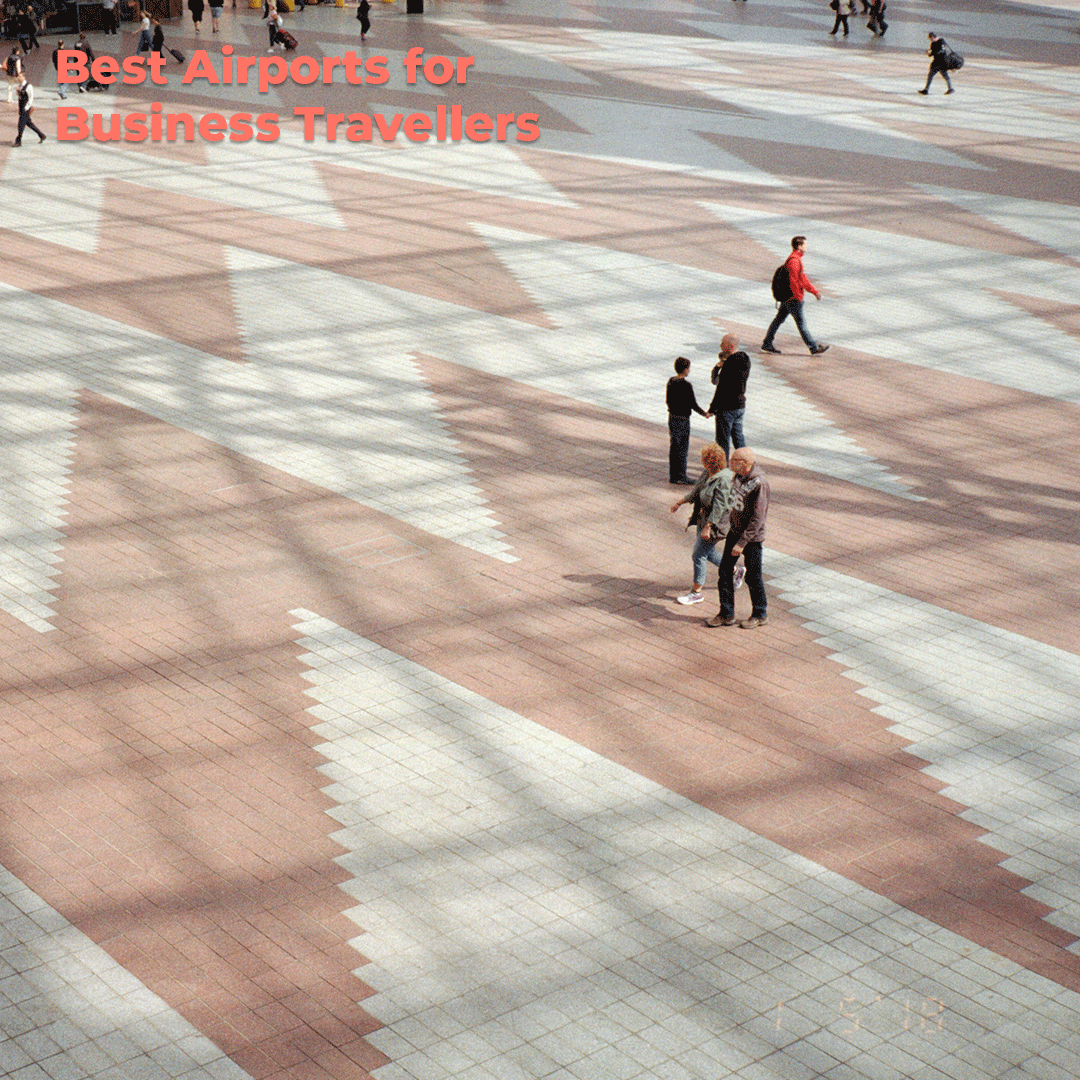
Travel Trends for Business Travel in 2022
For most business travellers, 2021 was another slow year. We hoped that travel would open up again, however it proved to be another difficult year for the industry. 2022 however, is showing some promise for the world of travel. We’re excited to see people hitting the road again, and have even started to notice some travel trends forming. Business travellers are back, and this guide should prepare you for what to expect this year. Here’s what we’re seeing as the early indicators of being 2022’s biggest travel trends.
Environmentally Sustainable Travel Trends
We’re expecting to see a heavy focus on sustainability this year. At COP26 big brands made promises to reach carbon neutrality. Along with several of them presenting transparent roadmaps to reach carbon zero goals.
2021 saw small steps made in the right direction. Industry leaders have made ambitious goals for this year. In hopes to make a wider contribution and larger impact in the industry. We saw the Sustainable Aviation Buyers Alliance open up to new members at the conference. Alongside eighty signatories, committing to use 10% Sustainable Air Fuel (SAF) in their planes by 2030 (Yahoo).
You can expect to hear airlines shouting about SAF in 2022. SAF implementation will impact the aviation industry in a very positive way. British Petroleum has been producing SAFs. Stating that they can reduce up to 80% in carbon emissions in its lifecycle when compared to traditional aviation fuel (BP). It’s one of 2022’s greenest travel trends.
Aviation companies have also begun selling tickets with carbon offsetting packages included. You can expect to pay a little extra for these tickets. However, it’s a chance for you to volunteer a little bit extra to offset your own carbon footprint. If you’d like to read more about Carbon Offset flights On The Luce have explained it brilliantly here. The extra cost won’t directly affect the CO2 produced by your flight. When you pick a carbon offset flight your money is redirected to an offsetting project. These projects can include the planting of new forests around the world, as well as the production of SAFs.

People Risk Management
Another trend that will be here to stay is how we look after the people we work with. If you’re an employer, you have a duty of care for your employees, and COVID taught us some very important lessons regarding this.
COVID, several lockdowns, and a multitude of public restrictions that varied widely from region to region made for a very difficult business environment to navigate through. Especially when it came to necessary travel. This meant that many found themselves having to completely rethink people and risk management.
It’s a positive change, knowing that your safety is at the forefront of your employer’s mind. So what travel trends can you expect to change in 2022 when you’re travelling for work?
More businesses are choosing to adopt hybrid working policies. Working from home is becoming increasingly popular, and as a direct result of this more of us are attending virtual meetings. Whilst some organisations are resuming face to face meetings and are returning to pre-covid travel levels, you might be meeting more new faces through your screen instead.
With working from home numbers rising, cybercrime has made the top of several risk management lists. It’s imperative that businesses react to this appropriately. We can protect our systems with software and avoid malicious attacks. This could change how you normally access digital files and documents, along with how you access your professional network. This can become especially important if you’re travelling with a laptop. As public wifi options can increase the vulnerability of your work devices.
As COVID lingers, safety measures are still very important for those that will be resuming normal travel. It’s very important that while travelling your business takes the appropriate safety measures to protect you. As well as the people that you meet, and those that you’ll interact with once you return from your trip. These measures will need to remain fluid as the situation changes. Your employer should provide you with the necessary safety protocols throughout travel, but expect some airport visits to take a little bit longer than usual.
There’s a lot to take in, and we found the market is responding with a new quality standard for Travel Risk Management (ISO). Risk management is an ever-changing landscape and these trends are likely to adapt and react several times throughout the year. It’s on our list of travel trends and will likely be for a long time.
Value of business travel
In 2022, the value of business travel changed greatly. It’s one of the travel trends to watch. As travel restrictions are changing globally day by day, many companies are prioritising travel so that we can get back to meeting face-to-face again. Face to face meetings have proven positive customer conversion rates when meeting with potential clients. We’re eager to get back to meeting our friends in the industry in person again and expect that other businesses are too.
After meeting clients and prospective business partners via video conferencing tools, many found that it wasn’t quite the same as the real thing. Digital conferencing has certainly made a name for itself, however, the value of an interaction in person has proven to be incredibly valuable. This means face-to-face meetings are fast becoming a priority. We’ve learned from video calls and webinars that business travel numbers are set to increase to accommodate this.
Employers have realised that sending people to new cities and countries can be a vital part of keeping an operation running. It can also reduce miscommunication, and encourage a sense of unity between a salesperson and a client (GDG). The pandemic meant that many colleagues met through the computer monitor, and as travel resumes, are now able to meet in person for the first time. Many of the people in these cases work from home, and as such this becomes a new type of business travel.
Ticket prices are on an upward trend
For those who commute to their office for work, transportation fares have become much more consistent than they were pre-pandemic. But in some cases have become more expensive, and we expect that this will become a hotly discussed trend in travel.
Those that have returned to the office this year have seen the increase of fares for all forms of public transport. As more people chose to work from home, the numbers using public transport have dwindled. Making prices higher for those that rely on public transportation.
According to The Guardian, it was found that in March of 2021 there was a 2.6% rise in the cost of train tickets for England and Wales. Meaning commuters will pay over £3,000 from now on for their annual tickets (The Guardian).
Self-booking
It could only be a short-lived travel trend as organisations are adopting more stable options. Until then we’re expecting to see self-booking travel tools being used more than they have been in the past.
Workers have started to travel much more sporadically than they were in the past. With fewer trips to the office, and most meetings happening virtually, short notice travel is becoming a new norm. The traveller now finds themself with the responsibility of planning their trip. While this is more convenient, it could result in higher travel expenses. Having to wait for approval and confirmation can interrupt plans, resulting in missed meetings.
It’s also safer for an employee to self-book, rather than visiting an approver in the office or physically returning invoices. In a world of reduced contact, we certainly expect more digital invoicing to happen between travellers and travel managers.
Blockchain
Blockchain has become a growing buzzword in recent years, but 2022 is sure to see this become one of the biggest trends in the travel industry. This allows data and information to be accessed and stored completely differently from what we’re used to. It allows for increased security, transparency, and accessibility, which are all becoming increasingly more important for travel.
As the travel industry relies on lots of information being passed between parties, having information stored in a decentralised network, which can never go offline, makes the process much more stable. Everything can be traced, secure from cyber attacks, and is harder to accidentally delete or lose track of.
New payment technologies can be off-putting if the existing solution is trusted and has been in place for some time. However, blockchain provides so many benefits that we think the travel industry will be very quick to adopt it. Overseas payments are more secure, every transaction is traceable, and are far simpler. An increased level of trust in a payment system leads us to believe that we’ll be seeing the blockchain much more often. Revfine has looked at how the blockchain could directly affect the travel industry; tracking your luggage, new innovative loyalty schemes, and identification services can all benefit from the blockchain.

Bleisure travel trends will grow
A trend we’ve written about in the past, bleisure travel is sure to erupt in 2022. It’s becoming a business travel staple. Remote working options are allowing people to work with an employer that might not even be based in the same city, or even country! A trip to the office for some could mean several days away from home and creates the opportunity for a bleisure trip.
Job adverts are regularly including remote working as a benefit. In the past, if you wanted to work in London for example, you’d need to relocate if you didn’t already live there. It’s a brilliant step in the right direction for making work options more accessible. If that gives people the opportunity to visit a new place for work, we’re expecting to see more extended leisure stays in those places too.
To hotel or not to hotel?
When you need to travel for work, the hotel can be a deciding factor on whether or not it’s a good journey. Budgeting with this in mind can quickly become a difficult decision. Do you book at a higher price to keep the traveller satisfied? Or would you rather save the business some money?
We’ve noticed an entirely different approach. Hotels have their place, and won’t be going anywhere any time soon, but business travellers are hopping on the instant hotel trend. Instant hotels can provide all the usual creature comforts you’d find at home, along with a luxury hotel-like experience. For those that intend on spending a large amount of time in their room, an instant hotel can be a better working environment. Most listings will include wifi within the cost, allowing for a more stable working environment. As well as reducing the cost that hotel wifi can add to an already expensive trip.
At Ortharize, we’re not only spotting the upcoming travel trends, we’re bucking the old ones.
We always aim to ensure that our clients save time and money when booking any trips for their organisations. By taking away the stress of constantly checking that desired hotel is still available or the worry of flights being delayed or rebooked. We can easily take that weight off your shoulders while you can carry on working without a worry, being able to travel stress-free knowing everything was taken care of in a professional and quick manner.
Ortharize can just do just that. We can help you take full advantage of these growing trends and reap the benefits of saving as much money and time as possible. We are constantly monitoring these trends, we try to stay ahead so that our platform will always be ready for emerging technologies, travel styles, and new travel benefits that might appear in the future.



